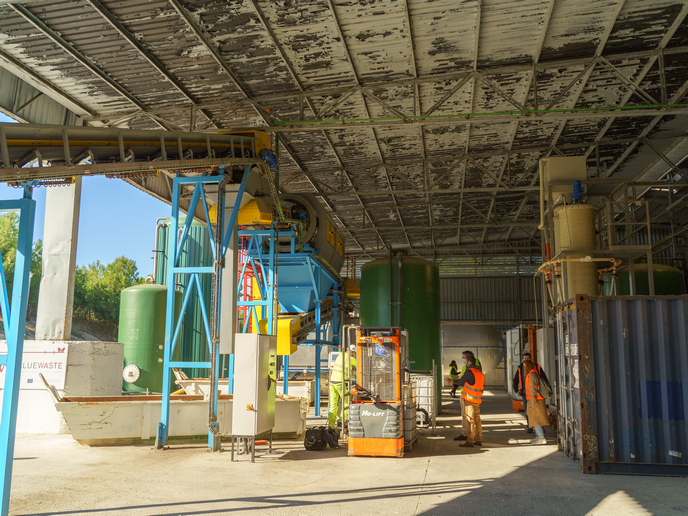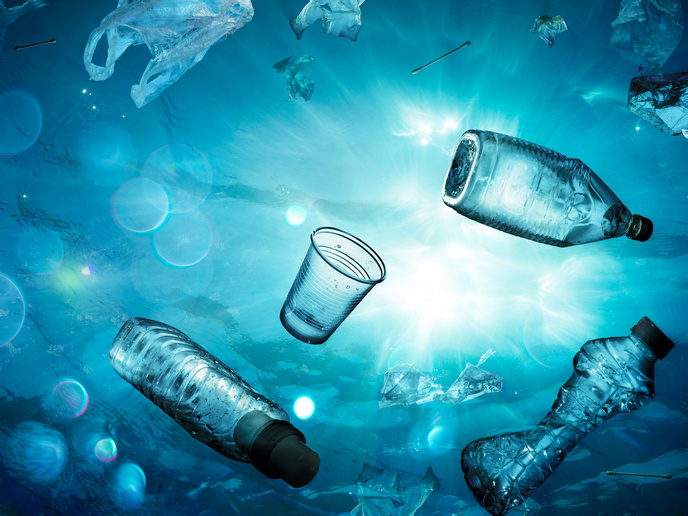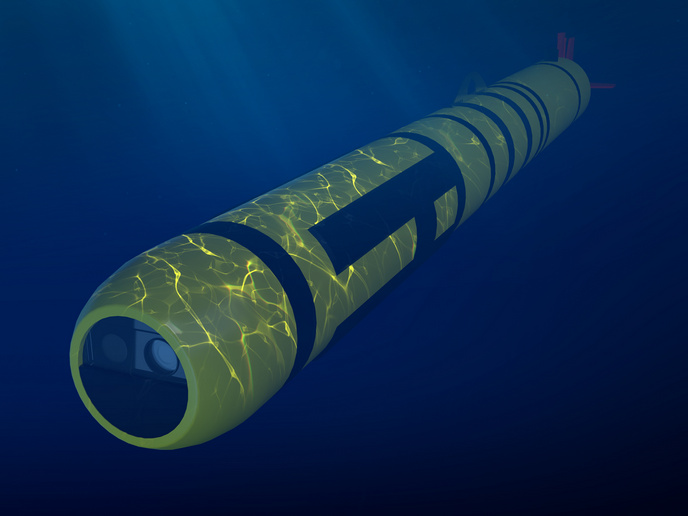Urban biowaste put to new use
Biowaste is a key waste stream that can largely contribute to a more circular economy, delivering valuable soil-improving material and fertilisers as well as biogas, a renewable energy source. With a share of 34 %, biowaste is the largest single component of municipal waste in the EU. Although Europe is largely self-sufficient in many agricultural products, specific products are imported. “The EU imports 77 % of proteins for food and feed applications, while 70 % of known phosphate rock reserves for phosphorus fertilisers are concentrated in Morocco. Therefore, we need to shift reliance away from imported proteins and mined phosphorus sources by finding sustainable alternative sources,” notes Gemma Castejón, coordinator of the EU-funded VALUEWASTE(opens in new window) project.
Sustainable technologies to biowaste valorisation
VALUEWASTE unveiled an integrated solution for valorising urban biowaste. The proposed solution combines three value chains that transform, through a cascading approach, urban biowaste into value-added products. After biowaste is deposited by citizens in specific bins, it is transported to a pilot plant in Murcia, Spain, where it undergoes mechanical treatment to improve quality. Then, it is processed into biogas and humid digestate in an anaerobic digester. The humid digestate and biogas are in-between products that are further treated during the valorisation process. Through a dewatering process, the humid digestate is separated into a solid and liquid fraction. The solid fraction is mixed with raw biowaste and taken to another pilot plant (TRL 8) in Murcia designed and installed by company ENTOMO(opens in new window) to feed black soldier fly larvae. “The pilot plant operated at full capacity, processing 1 t of biowaste per day and yielding a production capacity of 14 500 kg of dried larvae per year. ENTOMO thoroughly studied larva feeding routines and feedstock composition,” remarks Castejón. As a last step, insects are farmed, producing proteins, fats and chitosan/frass for fertiliser production. The liquid fraction ends up in phosphorus and nitrogen removal facilities for fertiliser production. VALUEWASTE also developed a third valorisation process in Kalundborg, Denmark, that uses methanotrophic bacteria fed on biogas to produce novel food and feed ingredients. “We are actually using the biogas released by the digester and fermenting it to produce microbial biomass. Unibio’s(opens in new window) downstream process allows us to fractionate the biomass components into valuable products like protein ingredients and fatty acids,” explains Castejón.
Overcoming the bottlenecks to biowaste valorisation
“VALUEWASTE was established to develop circular, efficient and replicable biowaste valorisation schemes for cities across Europe trying to tackle challenges of urban biowaste management,” highlights Castejón. In particular, these relate to the low rates of selective biowaste collection, low TRL of valorisation technologies, lack of replicable strategies to gain feedback from, not favourable regulation and policies, insufficient evidence related to the safety and functionality of biobased products and lack of consumers’ interest in using biowaste-derived products. Numerous safety and performance analyses of the VALUEWASTE products were carried out to ensure they reach the market. In terms of policy and regulation, VALUEWASTE, in collaboration with CityLoops, SCALIBUR, HOOP and WaysTUP!, established a joint policy initiative ROOTS, in an effort to bring down the regulatory barriers blocking effective biowaste utilisation. An outcome of the group is the release of the ROOTS Position Paper(opens in new window). VALUEWASTE engaged in standardisation activities, elaborating a pre-normative document with recommendations for implementing selective biowaste collection schemes in municipalities. This has been published as Spanish standard by UNE(opens in new window).







